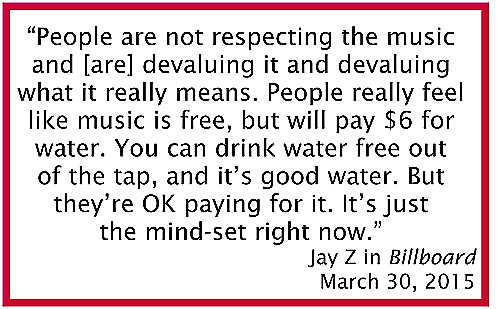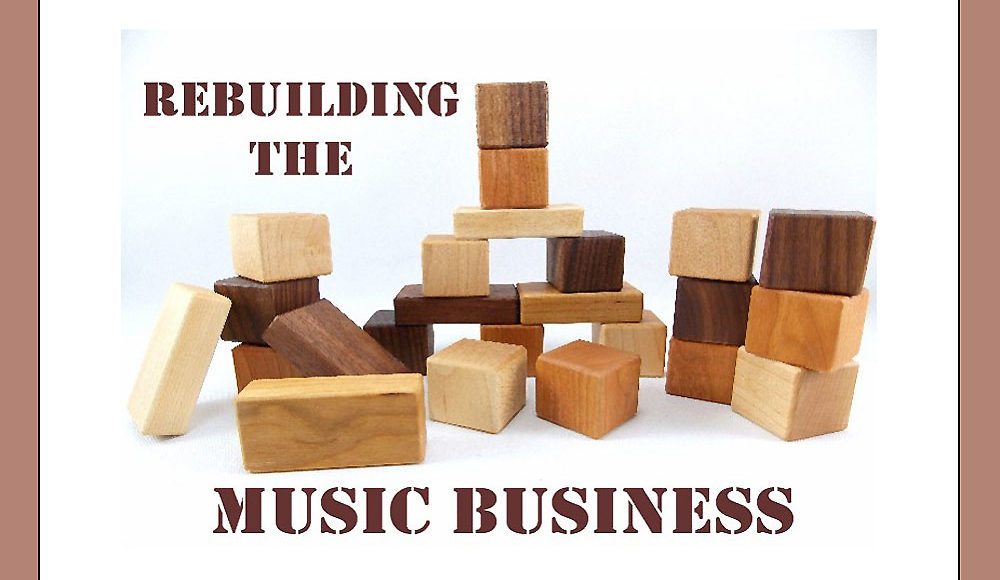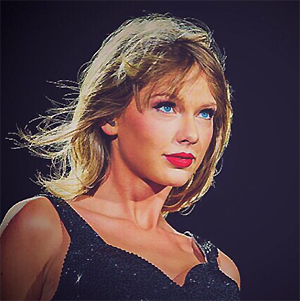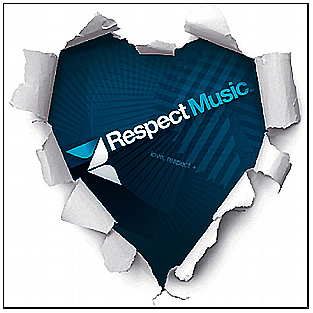When I started on this mission of writing about songwriters and how they weren’t being properly acknowledged, I had absolutely no idea that I’d still be writing on the same topic – singing the same song, as it were – more than two years later.
The subject just kept growing: in early 2014, I started hearing about songwriters and artists receiving ludicrously small royalty payments from streaming services, and reading more than a few stories about some having to quit the business because it could no longer sustain them in its present form. The realization that the foundation of the music business was shifting so dramatically led to several posts, the previous three here on TheTVolution.
The shape of this discussion has been changing weekly and sometimes daily, and frankly it’s been a challenge to stay ahead of the news on this topic, not to mention books like How Music Got Free: The End of an Industry, the Turn of the Century, and the Patient Zero of Piracy by Stephen Witt, and The B Side: The Death of Tin Pan Alley and the Rebirth of the Great American Song by Ben Yagoda. But I’ll be moving on to other topics now, so it’s time for a summary and some recommendations.
I’m glad the conversation about artists, songwriters and their compensation has been moved at last onto the front burner – and the person who accomplished that was Taylor Swift. In my last post, I promised some marketing advice for Jay Z – and then Taylor Swift took action on the very advice I was about to offer. In her now-famous and very polite open letter to Apple, Ms. Swift rightly noted the she was in the remarkable position of being able to support her band, crew, support staff and all the expenses of her huge international tour on the live show earnings alone. But she appealed to Apple on behalf of the struggling beginners, for whom the music landscape has changed most dramatically. The fact that she convinced that tech giant to change their launch plans in less than 24 hours – and over a weekend, no less – consolidates her position as the most powerful woman in the music business – and maybe the most powerful artist, period.
That was where Jay Z made the mistake with the introduction of Tidal, the streaming music service announced with great fanfare at the end of March, an entity distinguished by the fact that it is entirely owned by artists. Pointing out that music artists need to be paid more for their music, when surrounded by a dozen or more of the most successful artists of the last twenty-five years, seemed like a plea by millionaires for more millions. (And actually, I do have some advice to give Jay Z: if any actual PR professionals were involved in that press conference, make sure you never work with them again. It was excruciating to watch.)
But Jay Z did make a great point in a Billboard interview published March 30, the day before the Tidal launch. “People are not respecting the music,” he said, “and [are] devaluing it and devaluing what it really means. People really feel like music is free, but will pay $6 for water. You can drink water free out of the tap, and it’s good water. But they’re OK paying for it. It’s just the mind-set right now.”
 That’s the nub of it: the mindset that was seeded back in the late 90s with the advent of P2P (peer-to-peer) file sharing and the wholesale piracy of CDs, and the blossoming of the idiotic faux-hippie rant ‘Music wants to be free.’
That’s the nub of it: the mindset that was seeded back in the late 90s with the advent of P2P (peer-to-peer) file sharing and the wholesale piracy of CDs, and the blossoming of the idiotic faux-hippie rant ‘Music wants to be free.’
I don’t know the future of Tidal – or if in fact this Apple streaming service will work. The $9.99 ‘All You Can Eat’ concept still strikes me as an idea that won’t work in the long run. But I don’t know for sure – and frankly, I don’t think anyone else does. And then there’s the fact that the attorneys general of New York and Connecticut are investigating Apple and several major music labels to determine whether their negotiations over Apple’s newly unveiled streaming service violated antitrust law.
But I do know that somehow, someway, we need to rebuild a respect for music and for the people who make it. Maybe more arts education throughout our schools would help, but that’s a whole other many-faceted discussion. My own arts education from grade school through high school years ago – studying piano and singing in chorus – didn’t polish me as a performer, but it had the more important effect of teaching me to be an appreciative audience for music in its various forms for the rest of my life.
Now to some recommendations: There are some folks working towards a solution on this, and trying to build the respect that music deserves. The Content Creators Coalition is one, and they have some great stories on their website of artists fighting the digital powers that be.
The Fair Play Fair Pay Act has been introduced in Congress, and if passed will put digital and traditional radio on a more even basis in payments to artists and will update woefully outdated laws and regulations. Even the AFL-CIO is supporting Fair Play Fair Pay Act; here is the site they’ve set up to assist you in sending an email to your Congressional representative.
There’s the beginning of something at I Respect Music but it’s a bare-bones site and truly just a whisper at this point.
Sadly, I don’t see any industry-wide movement to address the mindset problem that JayZ identified. Maybe that’s the next thing Taylor Swift can do, since she’s the one who has best articulated the point of view of artists and songwriters when it comes to this second-stage digital revolution we’re living through.
I would have thought that some of the potentates of the music business, perhaps the label presidents, the chiefs of ASCAP and BMI, and the president of The Recording Academy, would have formed the equivalent of a Manhattan Project by now to figure out how to keep the music business healthy and how to counter that ‘music wants to be free’ idiocy that has its tenterhooks in all over the world. Rebuilding the respect that music deserves will require that kind of effort.
Let’s face it, the music business got pantsed in the late ‘90s by the piracy that was assumed to be a passing fad; the business recovered a bit when Apple managed to make downloading cool, but now it is getting pantsed again by the free streaming music services. This business is not adept at dealing with new technologies.
But then I remembered one of my favorite quotes about the music biz: it’s from the late Stan Cornyn, the legendary executive of Warner Music Group, who passed away earlier this year. “When it comes to racing into any new technology,” he said, “the record business finishes just ahead of the Amish.”
♦ ♦ ♦
Editors Note: Click HERE to find Part I of this informative series from Jeanne McCafferty.







